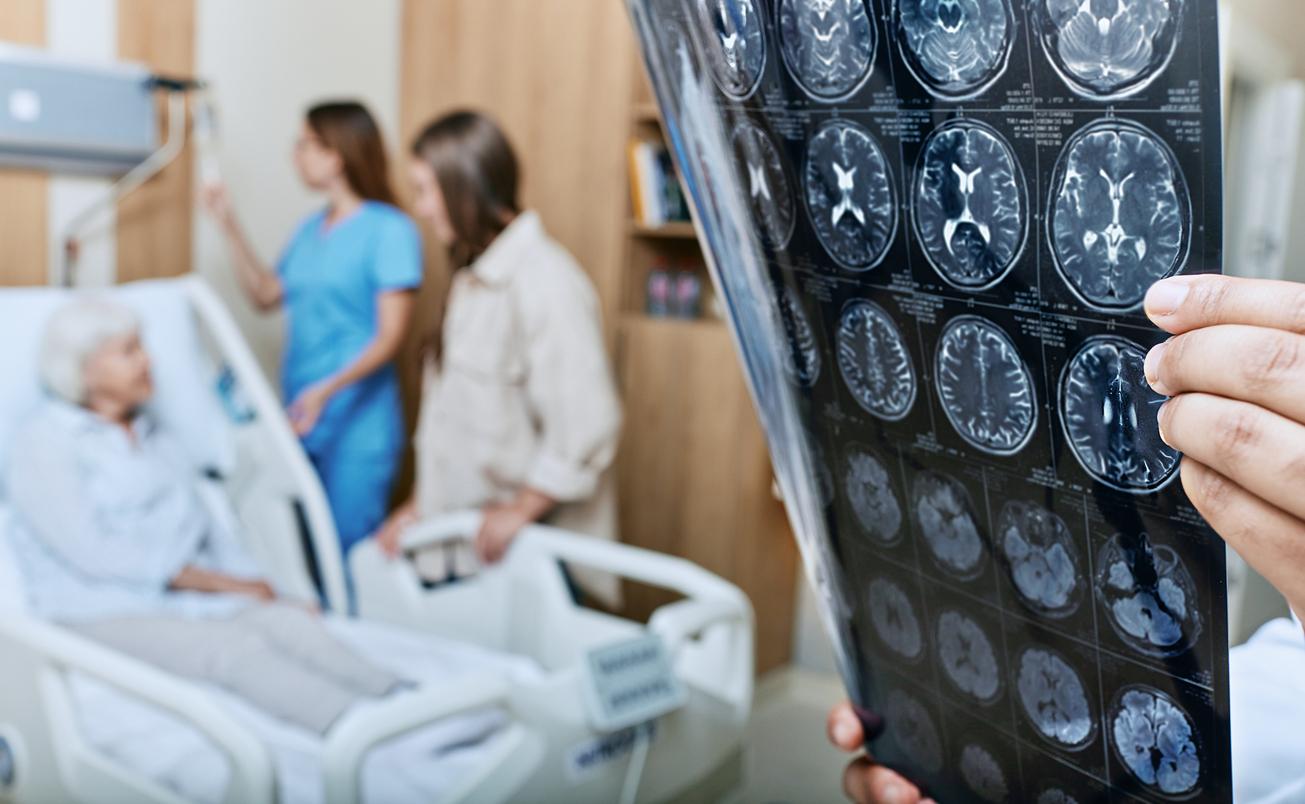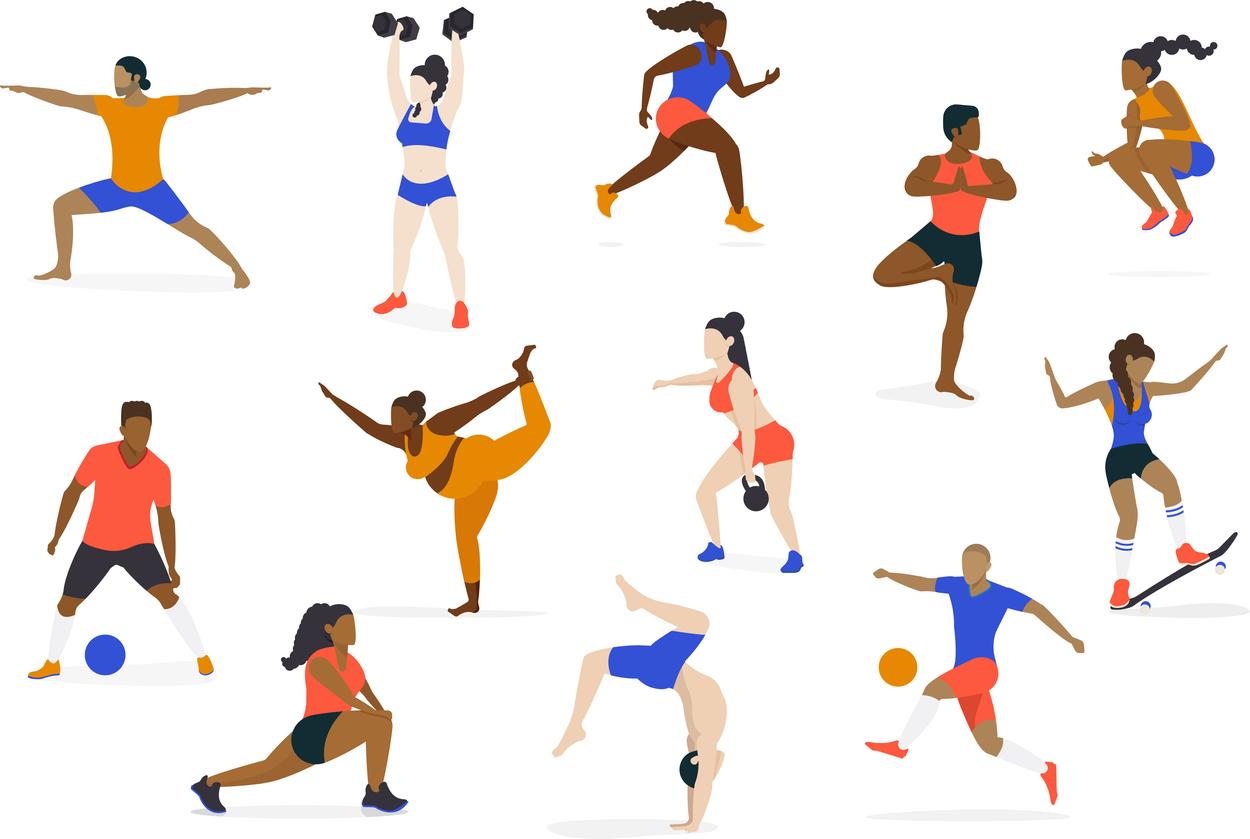A Japanese study sheds light on the intricacies of warming up and its potential benefits for diverse populations.

- Skeletal muscle performance is improved by warming up.
- Certain proteins in muscle cells act as a temperature sensor.
- Temperature affects the skeletal and cardiac contractile systems differently.
This is a step that is sometimes forgotten, often botched or neglected. Warming up is a phase which is an integral part of training and which must be carried out before practicing a sporting activity. Doing joint rotations, knee raises or lunges for 10 or 15 minutes allows the muscles to begin their effort gently, to prepare the body psychologically, to avoid injuries, but also to recover better.
Warming up: “the skeletal muscles that move our body are more sensitive to heat than the heart”
In a recent study, published in the journal Journal of General Physiology, scientists from Jikei University School of Medicine (Japan) have identified what really happens when we warm up. Specifically, they determined how temperature affects skeletal muscles. As a reminder, these are the muscles that contract in response to electrical signals from the nervous system, which activate proteins in muscle cells and allow us to move.
After analyzing muscle proteins and using advanced microscopy, the team found that even a slight increase in skeletal muscle temperature could quickly activate contractile proteins and improve muscle performance. “Our results highlight differences in the temperature sensitivity of proteins responsible for contracting skeletal and cardiac muscles. Basically, the skeletal muscles that move our bodies are more sensitive to heat than the heart,” explained Kotaro Oyama, author of the work, in a statement.
Warming up could improve the physical and muscular performance of seniors
According to the researchers, the physiological significance of these findings will become clear when considering the functional difference between skeletal and cardiac muscle. While skeletal muscles only generate a certain amount of force when necessary, the heart is meant to beat continuously.
“The higher dependence of skeletal muscles on temperature may allow it to contract relatively quickly during warm-up, even following a slight warm-up from light movement or exercise. This means that the muscle can “conserve energy and rest when not needed. In contrast, the heart’s lower sensitivity to temperature may be beneficial for maintaining a continuous beat, regardless of temperature.” said Shuya Ishii, who also participated in the research.
The authors believe that warming up could benefit populations needing to improve their physical and muscular performance, such as the elderly. This could reduce their risk of injury and help maintain their independence.
















